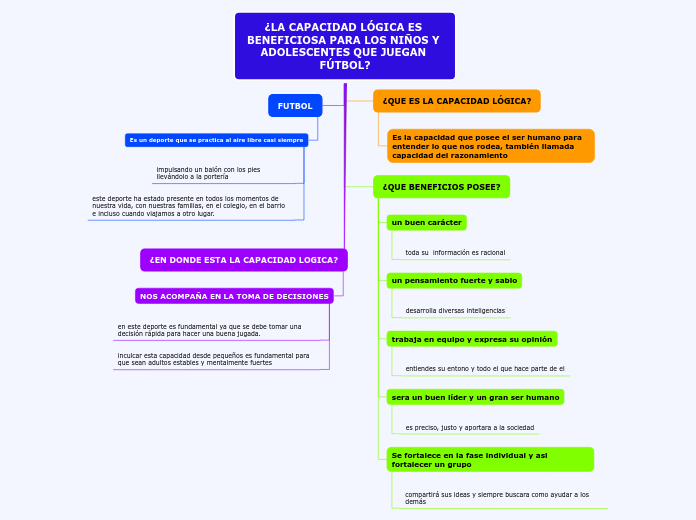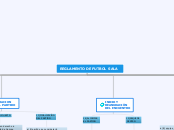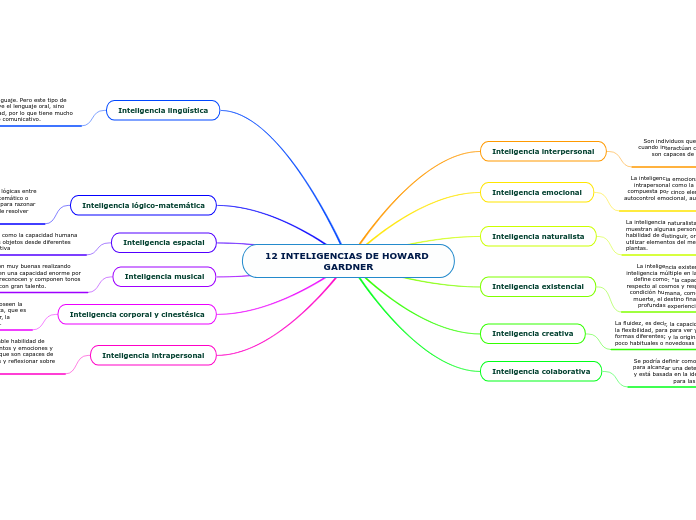¿LA CAPACIDAD LÓGICA ES BENEFICIOSA PARA LOS NIÑOS Y ADOLESCENTES QUE JUEGAN FÚTBOL?
In linguistics, syntax is the set of rules, principles, and processes that govern the structure of sentences in a given language, usually including word order.
¿EN DONDE ESTA LA CAPACIDAD LOGICA?
A compound sentence is a sentence that has at least two independent clauses joined by a comma, semicolon or conjunction. An independent clause is a clause that has a subject and verb and forms a complete thought.
NOS ACOMPAÑA EN LA TOMA DE DECISIONES
Create your own compound sentences, using the coordinators above.
inculcar esta capacidad desde pequeños es fundamental para que sean adultos estables y mentalmente fuertes
en este deporte es fundamental ya que se debe tomar una decisión rápida para hacer una buena jugada.
FUTBOL
A complex sentence is a sentence that contains an independent clause and one or more dependent clauses.
An independent clause can stand alone as a sentence, but a dependent clause even though it has a subject and a verb cannot stand alone.
Es un deporte que se practica al aire libre casi siempre
Attributive clauses serve as an attribute to a noun (pronoun) in the main clause. This noun or pronoun is called the antecedent of the clause.
este deporte ha estado presente en todos los momentos de nuestra vida, con nuestras familias, en el colegio, en el barrio e incluso cuando viajamos a otro lugar.
impulsando un balón con los pies llevándolo a la portería
¿QUE BENEFICIOS POSEE?
Se fortalece en la fase individual y asi fortalecer un grupo
See the example below and try to create your own simple sentences.
Tim is driving the red car.
compartirá sus ideas y siempre buscara como ayudar a los demás
sera un buen líder y un gran ser humano
See the example below and try to create your own simple sentences.
Tim is driving the car with his mother.
es preciso, justo y aportara a la sociedad
trabaja en equipo y expresa su opinión
See the example below and try to create your own simple sentences.
Tim is the driver.
entiendes su entono y todo el que hace parte de el
un pensamiento fuerte y sabio
See the example below and try to create your own simple sentences.
Tim drives the car.
desarrolla diversas inteligencias
un buen carácter
See the example below and try to create your own simple sentences.
Tim drives.
toda su información es racional
¿QUE ES LA CAPACIDAD LÓGICA?
Es la capacidad que posee el ser humano para entender lo que nos rodea, también llamada capacidad del razonamiento
An adverbial is an individual word (that is, an adverb), a phrase, or a clause that can modify a verb, an adjective, or a complete sentence.









